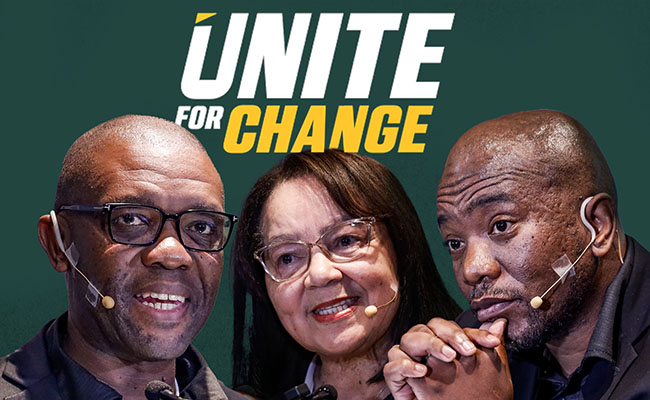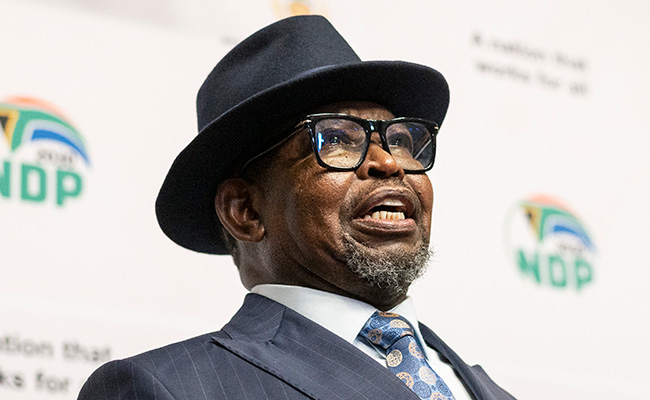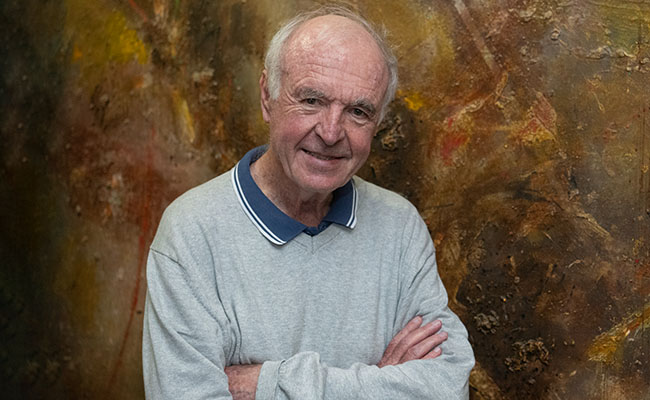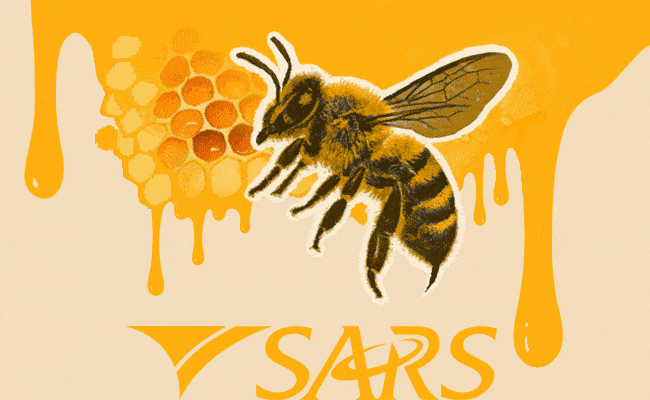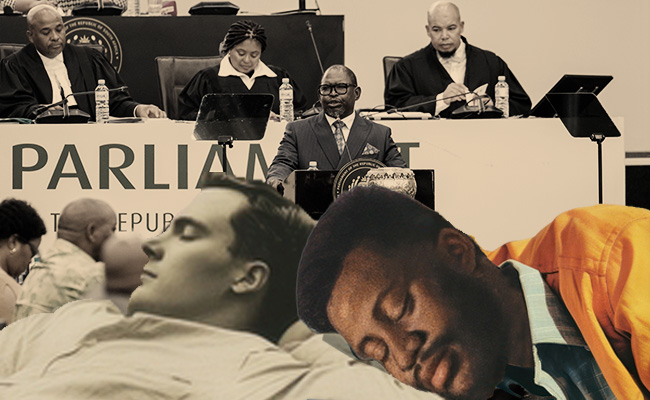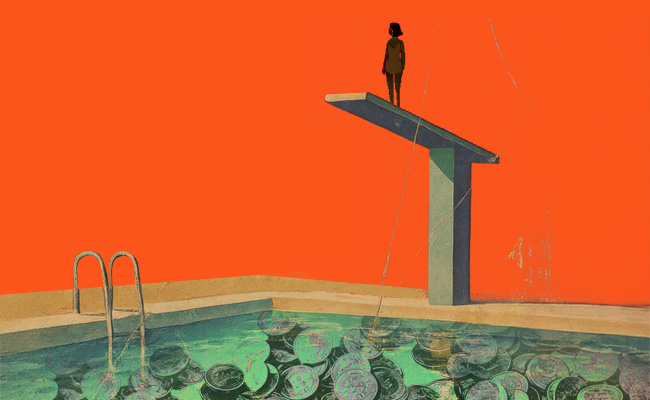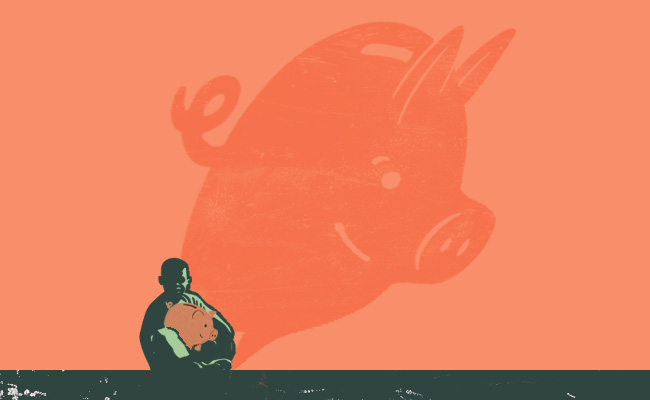You’d be forgiven if you’d expected something seismic last week – an announcement “of political importance” that will provide hope of “change that will deliver the South Africa we all want and deserve”, media were told.
It would be nothing less than a “reshaping” of the political landscape ahead of next year’s local government election.
Which would have been nice – but, um, no.
Instead, we had political minnows Songezo Zibi’s Rise Mzansi, Mmusi Maimane’s Build One South Africa (Bosa) and Patricia de Lille’s GOOD party announcing that they plan to join forces under a new party, called Unite for Change.
Well, kind of “joining”. Really, the parties have merged to contest the 2026 local government elections, but will retain their individual identities at a national level. Apparently, this is a prelude to a more comprehensive partnership ahead of the 2029 national election.
If it sounds confusing, it is. Not least because the three political parties are all very personality driven, and there will be no leader of the new party.
Instead, it will be governed by a “leadership council” comprising the three party leaders, along with Rise deputy Nobuntu Hlazo-Webster, Gauteng MEC Vuyiswa Ramokgopa (Bosa) and Western Cape MPL Brett Herron (GOOD).
South Africa has a pretty shoddy track record when it comes to the leadership of centrist parties.
Consider how Cope’s grand entrance into politics devolved into a battle between Mosiuoa Lekota and Mbhazima Shilowa. Or the ill-fated Agang, where an ostensible revolt against Mamphela Ramphele’s leadership saw her resign just two months after the party won two seats in the 2014 election.
Nor can you ignore the tensions that must exist between Maimane and De Lille.
The two weren’t exactly bosom buddies when De Lille was DA mayor of Cape Town and Maimane was leader of the party that forced her out of office. The DA alleged irregularities in appointments and procurement; De Lille maintained her innocence and later claimed “consistent abuse” by the party.
So, in other words, there must have been a couple of awkies moments when somebody first suggested included Bosa in the Rise-GOOD talks.
Of course, for now, without a furious leadership tussle over parlously few national seats, the centre may yet hold. Who knows how things pan out ahead of, or after, the 2029 vote.
Solid ideas, scant support
And yet, Unite does offer something new to an electorate wearied by the dominant parties – a breath of fresh air in an otherwise stagnant political pool.
Its launch platform focused on all the right things: ethical leadership (what a welcome change), local economic recovery (an arduous road); dignity in basic services (service delivery would be a start). And it hopes to pull in not just additional political parties, but civil society too.
There’s some shrewd thinking in a formation at local level. At the launch, the parties spoke of how the new party would allow them to campaign more effectively, avoid duplication of effort and present a united message. And on the first-past-the-post ward ballot, a combined party will give them more of a shot, given overlapping support. Fewer parties on a fragmented ballot can only be a good thing.
Also, for small parties spread thin, it will allow them to increase their electoral presence, fielding a fuller house of candidates than they may otherwise have been able to muster. (GOOD, for example, only has councillors in four provinces.)
Still, it’s hard to see how the grandiose ambition will have much force other than through political leverage.
In last year’s election, the three parties snuck into parliament with a combined 1% of the national vote; together they have just five of 400 national seats.
Rise and Bosa, at least, were new political formations contesting national politics for the first time. But it’s not the 6.3% with which the EFF thundered onto the political stage in 2014 after just 10 months of operations.
For GOOD, well, it mustered just 0.18% of the vote after more than five years in action. So the party is not exactly resonating with the broader voting pool.
Fingers crossed, they could have more impact locally.
Take their performance on the Gauteng regional ballot last year. Together they mustered about 81,000 votes, equal to 2.06% of the vote (Rise 1.02%, Bosa 0.89% and GOOD 0.15%). That puts them in the same territory as the Patriotic Alliance in the province, with 84,000 votes and 2.13% of voter support.
If the combined political party were to achieve something similar in a fractured council – Joburg, say – it could become a kingmaker. (By way of comparison, Al Jama-ah has just 1% support in Joburg and three seats on the council – and has fielded two mayors.)
DA mayoral candidate Helen Zille has herself admitted that – despite the ANC’s abysmal management of the city – a coalition government in Joburg is likely.
ANC kingmaker?
Now, Maimane stressed to Newzroom Afrika that the party won’t go into coalitions post-facto; it will be upfront about its plans. But it’s hard to see how that will pan out, given the wait-and-see nature of electoral results.
And with Rise and GOOD being part of the government of national unity – and in the majority in Unite for Change – there’s the danger that the national coalition with the ruling party somehow filters down to the local level.
In other words, the question arises as to whether the combined party will become a kingmaker for the ANC.
In Joburg, which has been mismanaged into the ground by its current political overlords – who were elevated to office by shabby dealmaking in the first place – that’s a scary proposition.
Top image: Songezo Zibi, Patricia de Lille and Mmusi Maimane. Pictures: Sharon Seretlo/Gallo Images.
Sign up to Currency’s weekly newsletters to receive your own bulletin of weekday news and weekend treats. Register here.


